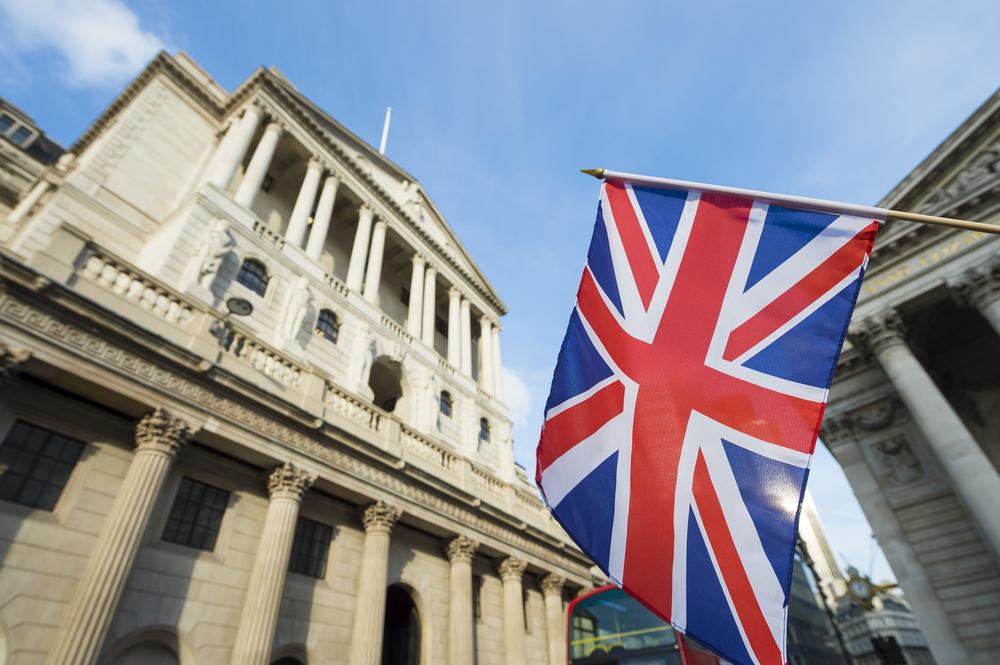The Bank of England published its formal forecast of the economic impact of Prime Minister Boris Johnson’s Brexit deal.
The Monterey Policy Report
The Monetary Policy Report revealed that the Bank of England expects a weaker economy during the course of the next three years following Brexit.
Previously, the Bank of England decided against forecasting on the basis of Theresa May’s Brexit deal. Instead, the Bank of England published a forecast based on a wide range of possibilities linked to Brexit. The Bank of England changed its approach, and decided to incorporate Prime Minister Boris Johnson’s Brexit deal into its Monetary Policy Report.
The Brexit deal Prime Minister Boris Johnson negotiated with Brussels passed its second stage of reading in the House of Commons. The Bank of England is now forecasting on the basis of the deal.
The Brexit Deal
Prime Minister Boris Johnson’s Brexit deal implies customs checks. Furthermore, the United Kingdom is likely to have different regulations than its European trading partners. The Monetary Policy Report suggests that customs checks and regulatory divergence will have a negative impact on the economy.
On the other hand, the Monetary Policy Report suggests that the deal can cause a short term economic boost by removing uncertainty caused by Brexit negotiations. The report did not indicate a change in quantitative easing and interest rates.
Controversy
The publication of the Monetary Policy Report is controversial. As the United Kingdom expects an early general election, public bodies are typically expected to remain neutral. The Bank of England’s forecast attracts a lot of attention due to the current political atmosphere in the United Kingdom.
Prime Minister Boris Johnson’s Brexit deal is not the only reason the Monetary Policy Report expects a weaker economy following Brexit. The Bank of England included considerations of asset prices as well as changes in the global economy.

